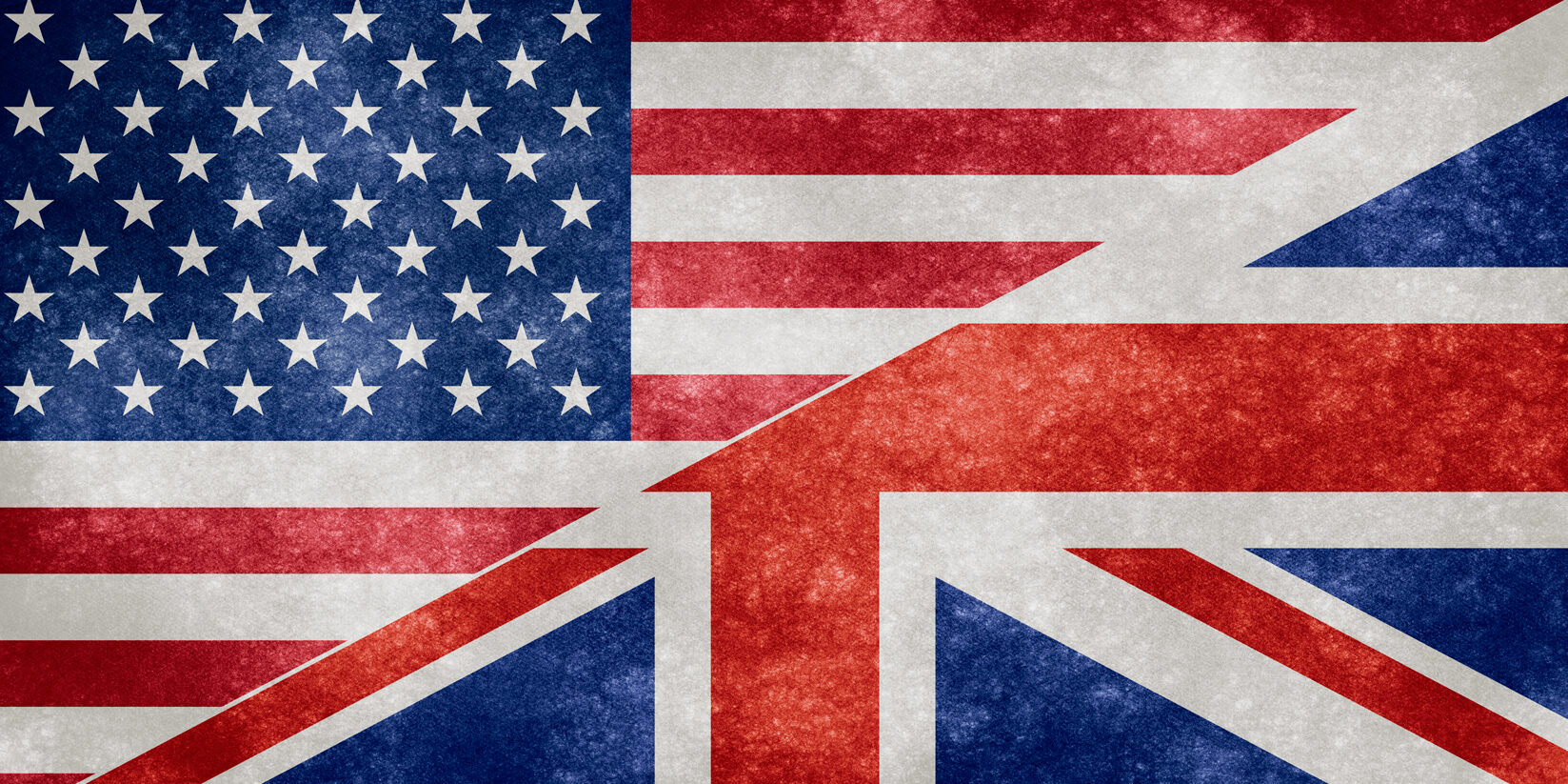We’re all living in America
As protesters crammed themselves into Trafalgar Square and Hyde Park, as they screamed “hands up don’t shoot” at unarmed British police officers, and as they threw objects and grapple with the same — some of whom had just taken a knee in solidarity with George Floyd — all I could think was how fortunate it was that the pandemic was over. That COVID-19 was gone from our lives, that lockdown had ended, and that a disease that killed black people at a far higher rate than the rest of the population would not be spreading among that crowd to be taken back to family and neighbours.
Across Britain, France, Holland, New Zealand, Canada — the list goes on — people are protesting American police brutality in a way that puts their own countrymen at risk. On the unemotional rational level, the effect of these protests in addition to the burning down of substantial chunks of America’s heartland is probably pretty negligible, while the risk to the loved ones of those involved is not. Protesting, encouraging others to protest, and indeed turning a blind eye to the breaking of laws meant to protect us seems sub-optimal in this calculus.
The problem is that this is not the framework that is being applied. The response to the American protests is entirely emotional, and it is emotional in a very specialised sense. Within a crowd on the edge of becoming a riot, throwing the first rock can trigger a cascade. People pick up stones and begin to follow, directing anger at the approved targets. Within a country, riots can jump from city to city as people who identify with the initial rioters begin to act, spurred on in part by the realisation of how thin that blue line really is. So what does it say when a movement starts to jump from country to country?
Well, it’s simple. We’re all living in America, whether we understand that or not.
In particular, we are all Americans online. Across social media sites, the Americans form by far the largest contingent of first-language English-speaking users, and they get to set the norms of conversation and discussion accordingly. The result is a generation marinated in American political thought, with a shared identity with American Liberals or African Americans, and with a tendency to reach for American dialogue when asked to address political issues — no matter the differences in cultural context, national history, or even demography. We have conversations about the use of lethal force that ignore the massive differences between the UK and the US. We scream ‘hands up don’t shoot’ at police officers who don’t carry guns. We talk Jim Crow laws in a country that rejected them, or about the universal legacy of slavery when Britons of Black African descent outnumber those of Black Caribbean heritage.
In this framework the jump of Black Lives Matter protests from American issue to worldwide phenomenon is just the latest example of America’s obsessions becoming the talk of the world; as with any empire, the fashions of the core become that of the periphery. The failure of rioting to follow the protests merely illustrates a limit to our shared identity; we are not yet sufficiently integrated with our newfound countrymen.
It’s still more than sufficient proof of an obsession with American politics that is unhealthy. Not just because transplanting rhetoric to a different cultural context frequently robs it of validity, but because we are importing with that rhetoric the unique degree of toxicity and racial animus that characterises American politics.
If you believe, having been radicalised by American politics, that the United Kingdom is run by white supremacists, or that the clash of ethnic interests is such that Black Britons have more in common with African Americans than their own countrymen, or that as a White British liberal you are arm in arm with American liberals fighting the same battles, then the use of American rhetoric seems a wholly sensible course of action.
The problem for the rest of us is that every action brings a reaction. And the natural reaction to the importation of race-based politics could well turn out to be the mimicking of another element of American life; the creation of a white identity politics around perceived ‘white interests’, which is something we’ve spent quite a lot of time and energy attempting to prevent. Pretend that Boris Johnson is Donald Trump for long enough, and you might find that eventually that’s what you get.
Image courtesy of Nicolas Raymond, used under a Creative Commons licence.
